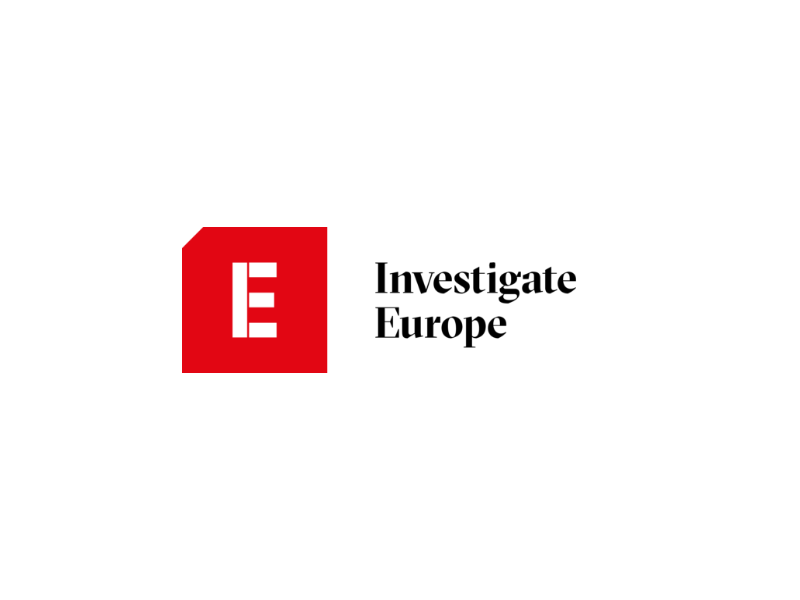What is the price of a life? When it comes to medicines, that varies a lot globally. It varies in Europe, too.
“Where you live should not determine whether you live or die,” said EU health commissioner Stella Kyriakides last year. However, millions of Europeans lack access to medicines that save or prolong lives in other European countries. More than a third of EU countries do not have direct access to several drugs that are deemed critical.
Why is that? Not least because they are priced out of reach. These are two of the findings in our new investigation into pricing and access to medicines in Europe.
Some news is great: the pharmaceutical pipeline is bursting with new therapies that seem like gamechangers. They give new hope to cancer patients who were losing it. Some offer substantially better quality of life to children born with rare and painful diseases.
But the promises come with a price that make such drugs unattainable for many. Public pharmaceutical budgets, too, are buckling under the double weight of rising expectations from desperate patients and galloping prices that pharmaceutical producers demand for their innovations.
But only industry has all the facts. For the past 15 years, a blanket of secrecy has been laid over the vast European pharmaceutical market. Companies approach countries separately to offer new drugs with a discount, provided they never tell any other country what that rebate is.
From our eight-months’ investigation we have found this, and much more, about a system that determines how sick people in Europe live or die. There is a lot to wrap one’s head around:
- Why do our governments accept being kept in the dark about the true monetary value of a medicine?
- Why does the EU not use its muscles to negotiate medicine prices on behalf of all Europeans, like it did for the covid vaccines?
- Why has the regulator for market access of medicines, the European Medicines Agency, lowered the scientific threshold for allowing new drugs to be sold?
- Where do the bumper profits made by big pharma really end up?
- Are pharmaceutical firms using patient groups and charities for their own corporate interests?
- How come the pharmaceutical industry is developing loads of highly advanced precision drugs for small patient groups, but hardly addresses our common, growing threat of antimicrobial resistance?
- Medicines should be a human right for all, not primarily one of the world’s most lucrative businesses. What could such a system look like?
The investigation, Deadly prices: how big pharma feeds inequality in Europe, is released from today with media partners in 20 countries across Europe. You will find the series published on our English website and with our media partners below. In addition, important stories will be published in German, French, Italian and Spanish.

